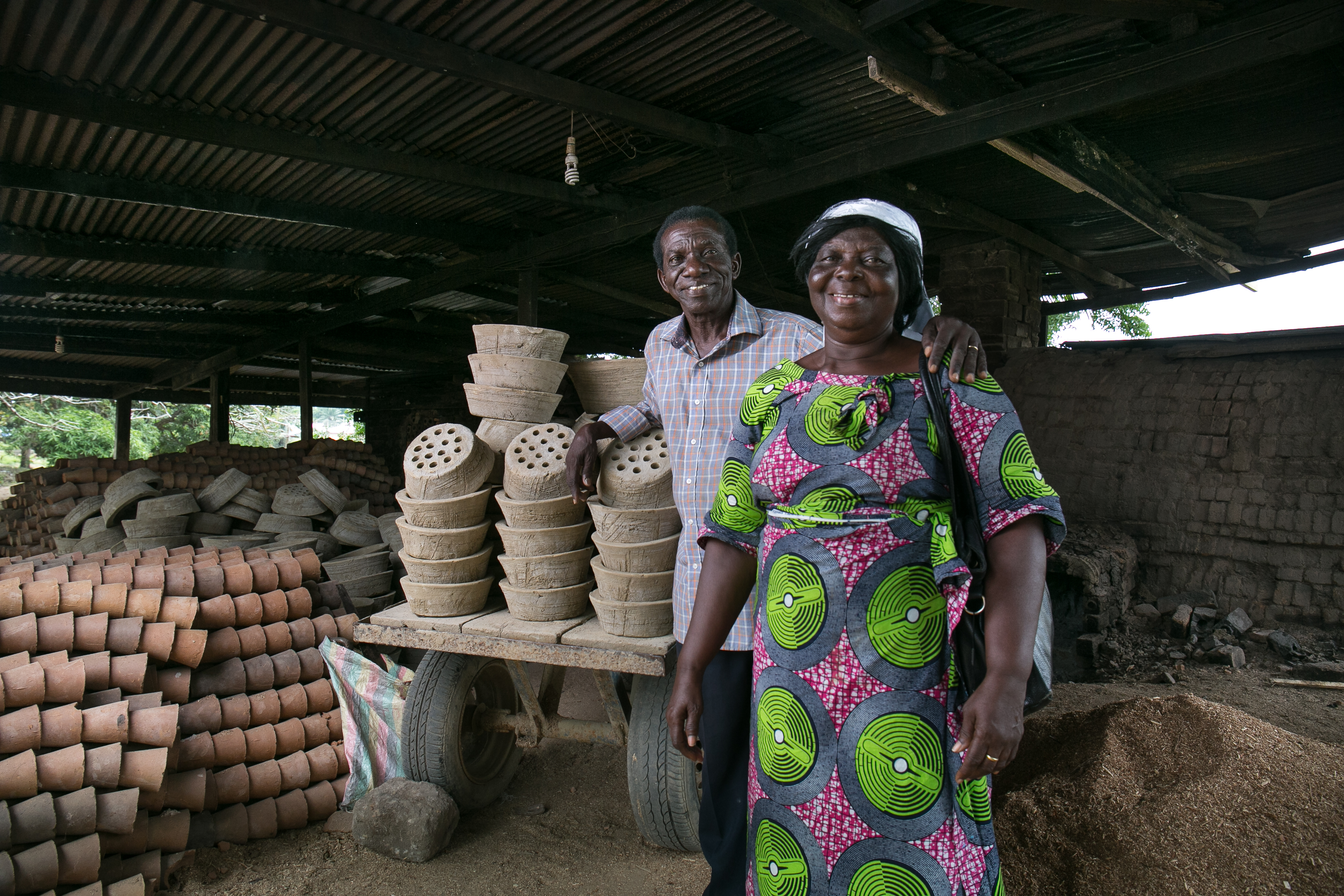How we can help you turn your net zero ambitions into reality to deliver the “net” in net zero
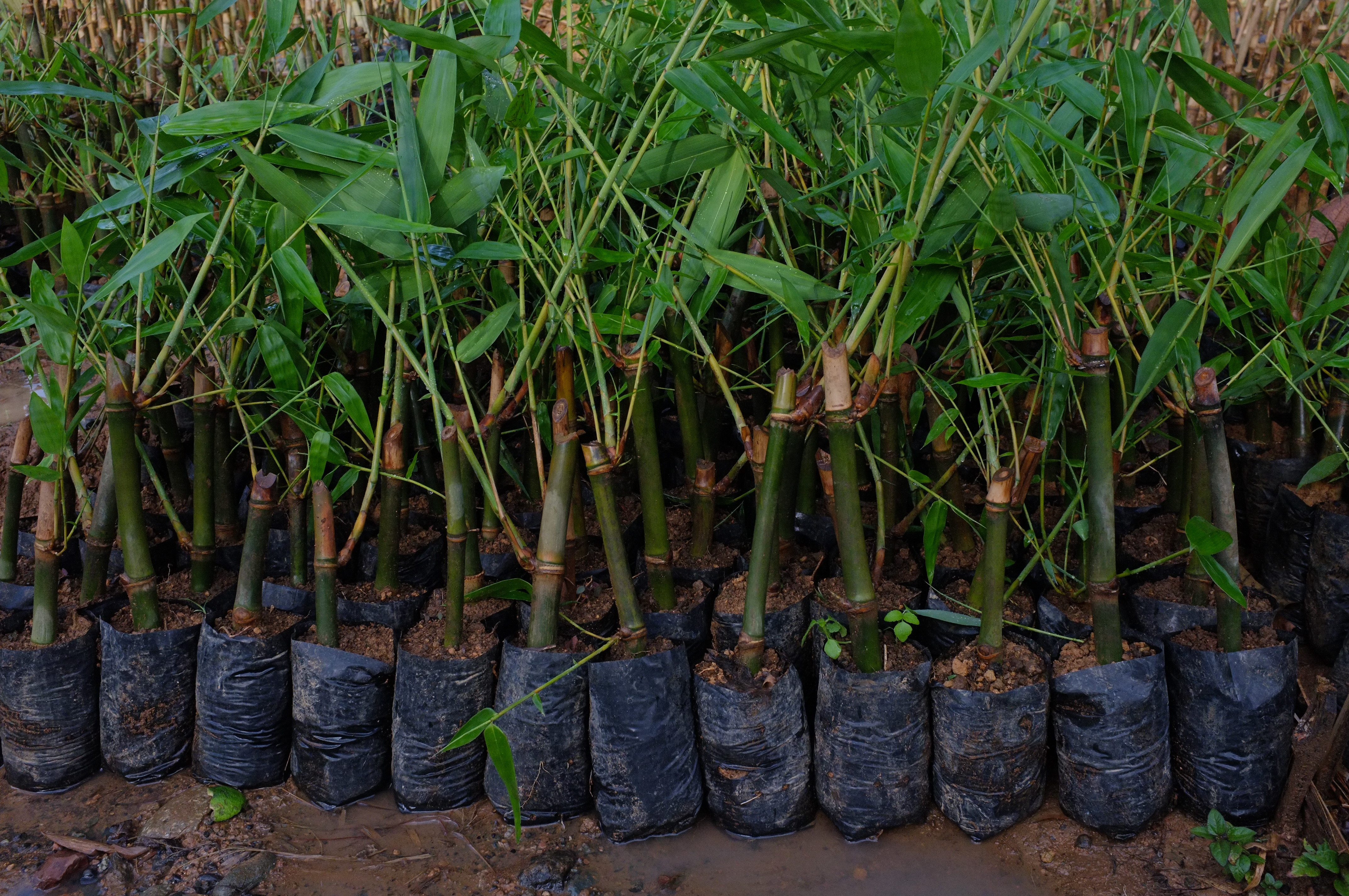
We have merged two of the most well respected and experienced organizations operating in the Voluntary Carbon Market – ClimateCare and Natural Capital Partners – to form Climate Impact Partners, a world-leading solutions provider for companies looking to meet net zero goals. The combined group has been responsible for the reduction or removal of more than 100 million tonnes of CO2e. We develop new projects in all regions of the world, including Chile, Indonesia, the Philippines, and the UK, and our comprehensive network of partners provides access to upwards of 600 projects reducing and removing carbon emissions across 56 countries.
We work with projects at all stages of the project life-cycle and support clients to access credits available today as well as opportunities to finance future projects. We guide your company through the different ways of securing carbon credits and create a blended portfolio of solutions for immediate impact and future investment. These solutions help you “net” off your company’s residual emissions, once you have achieved reductions in line with science-informed targets.
With more than 20 years’ experience, sourcing, expanding, financing, and developing projects that deliver the highest quality impact for climate and communities, we provide solid, trusted programs and innovative solutions. Robust project methodologies, coupled with regular reporting, due diligence and independent verification of carbon reduction and other sustainable development impacts ensure the integrity of our clients’ action.
The Philippines is one of the most biodiverse countries in the world. But following the Second World War, large areas were cleared for logging and intensive farming. Through partnership with a US-based bamboo construction materials company and a number of local and indigenous communities, we are developing a project that plants native bamboo on unproductive land. At maturity, 15-20% of the biomass is harvested annually and developed into high-quality, fully traceable building materials for international markets. This harvesting spurs growth and increases carbon removal by the bamboo. The project also delivers many co-benefits, including the protection of crops from destructive winds, reducing flood risk and soil erosion, and bringing income and employment to local populations – women in particular – throughout the bamboo value chain.
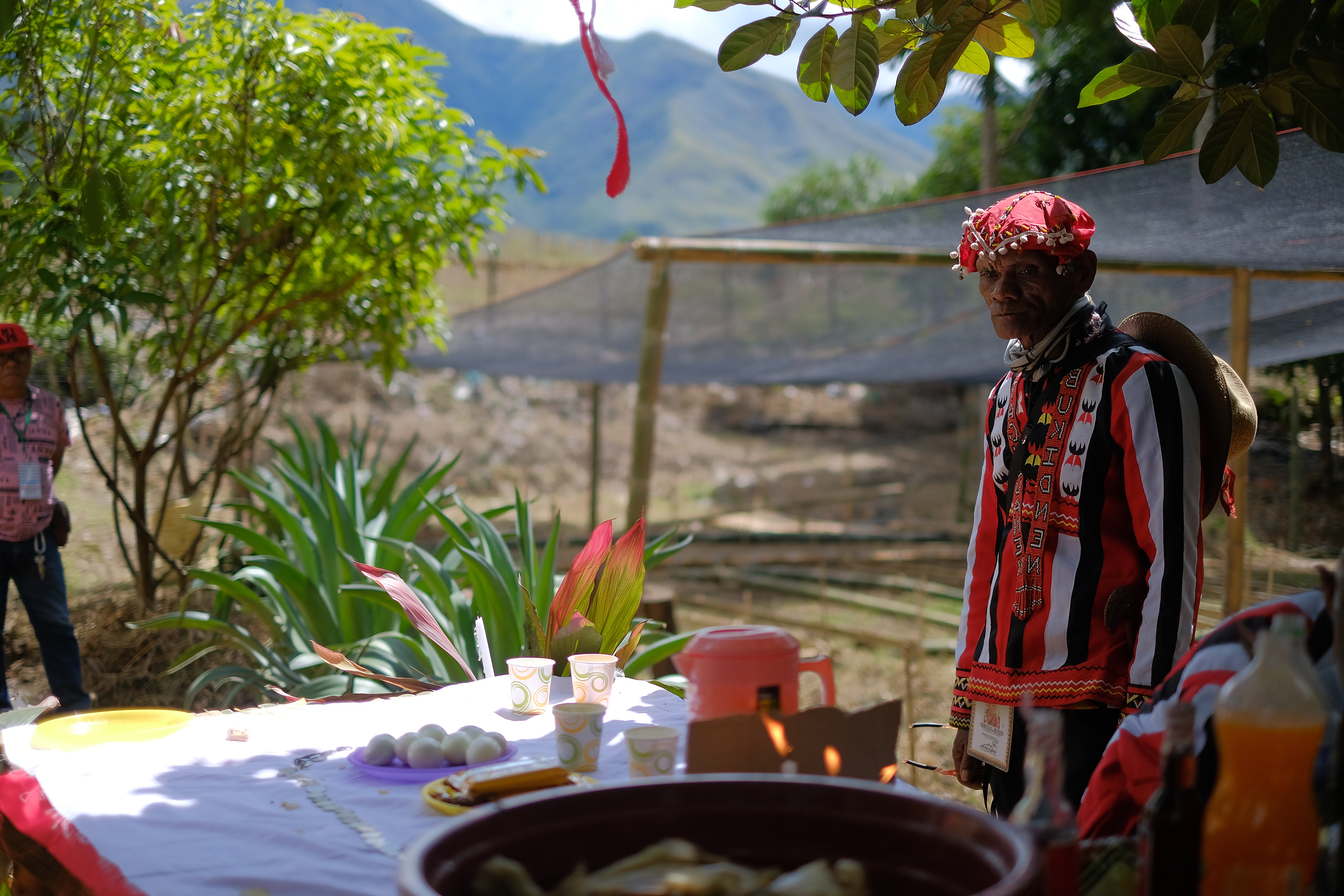
The Mississippi Alluvial Valley was once covered by nearly 10 million hectares of dense forest, but over 75% has been lost to deforestation in recent history. The Mississippi Valley Reforestation project aims to reforest one million acres of trees in the area. Landowners voluntarily enroll in the project and commit to planting and protecting trees, removing nearly 100 tonnes CO2e per hectare. The project helps initiate sustainable tree harvesting, which creates jobs for harvesters and wood processors. Cottonwood harvesting will also help provide the region with a renewable biomass supply and the forestland preserves a vital habitat for numerous plant and animal species.
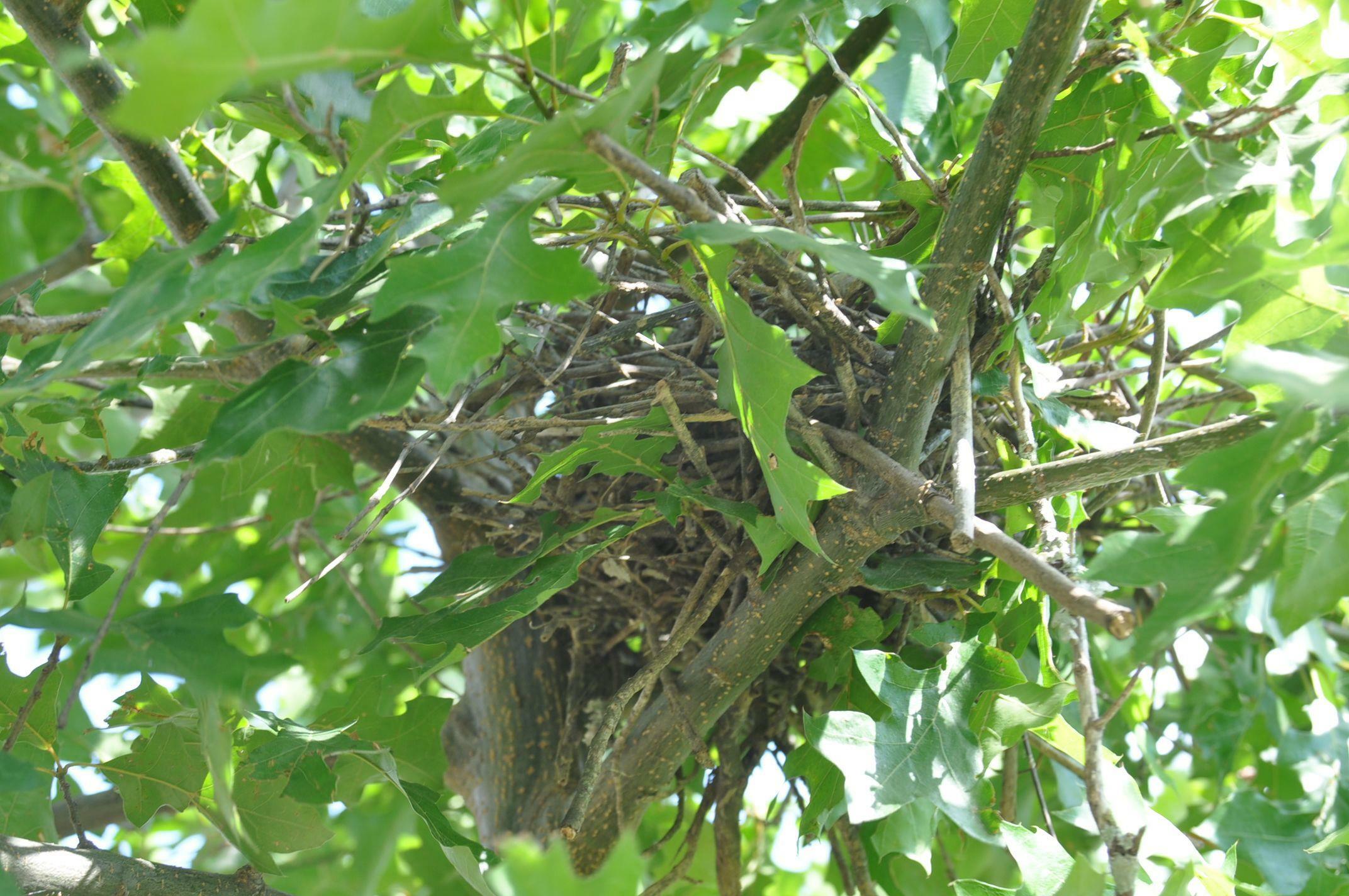
Woodlands once covered the landscape across the UK, yet today the country is one of the least forested in Europe with only around 13% coverage. In 2011, the UK Government introduced the Woodland Carbon Code, a voluntary standard administered by the Forestry Commission, to accelerate reforestation efforts across the country through independently validated forest creation projects. These projects help restore woodland landscapes in the UK and are predicted to remove a total of 9.6 million tonnes of carbon dioxide over their lifetime of up to 100 years. 13,700 hectares of new woodland under the Code were created in the UK in 2019-20. By creating new woodlands, this also enhances biodiversity and restores the habitats of birds and other important wildlife.
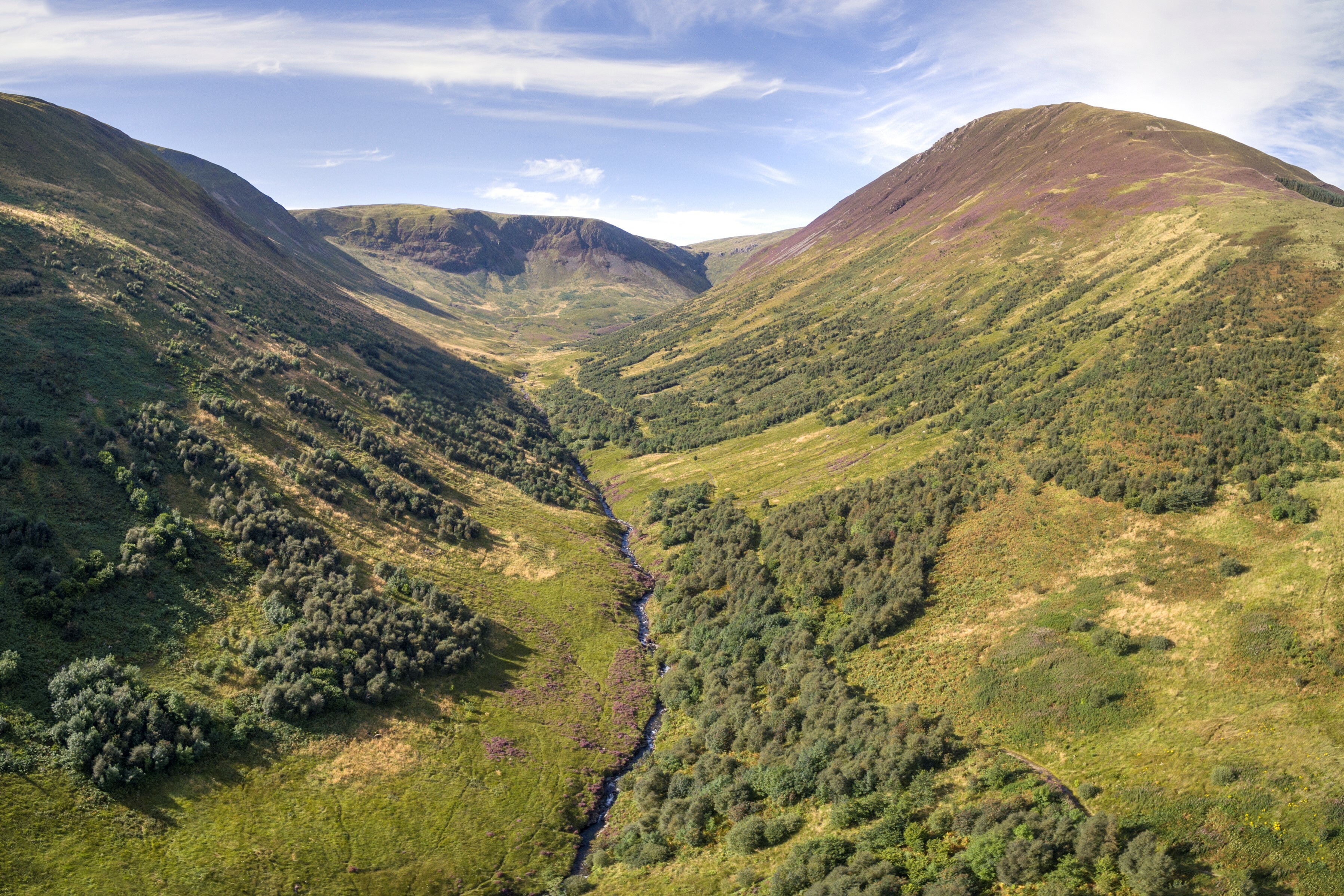
Nearly 3 billion people in the developing world cook food and heat their homes with traditional cookstoves or open fires. The World Bank estimates 4 million premature deaths occur every year as a result. In Ghana, more than 80% of the population use solid fuels for cooking. The Gyapa Cookstove project provides families in Ghana with more efficient cookstoves – these cook food quicker, require almost 50% less fuel and reduce exposure to toxic smoke in the home. The project provides training to local manufacturers and distributes the stoves through a wide network of retailers. By reducing the amount of wood required for cooking, this cuts carbon emissions while saving families as much as $100 dollars annually. Ghana’s tree cover is also protected.
